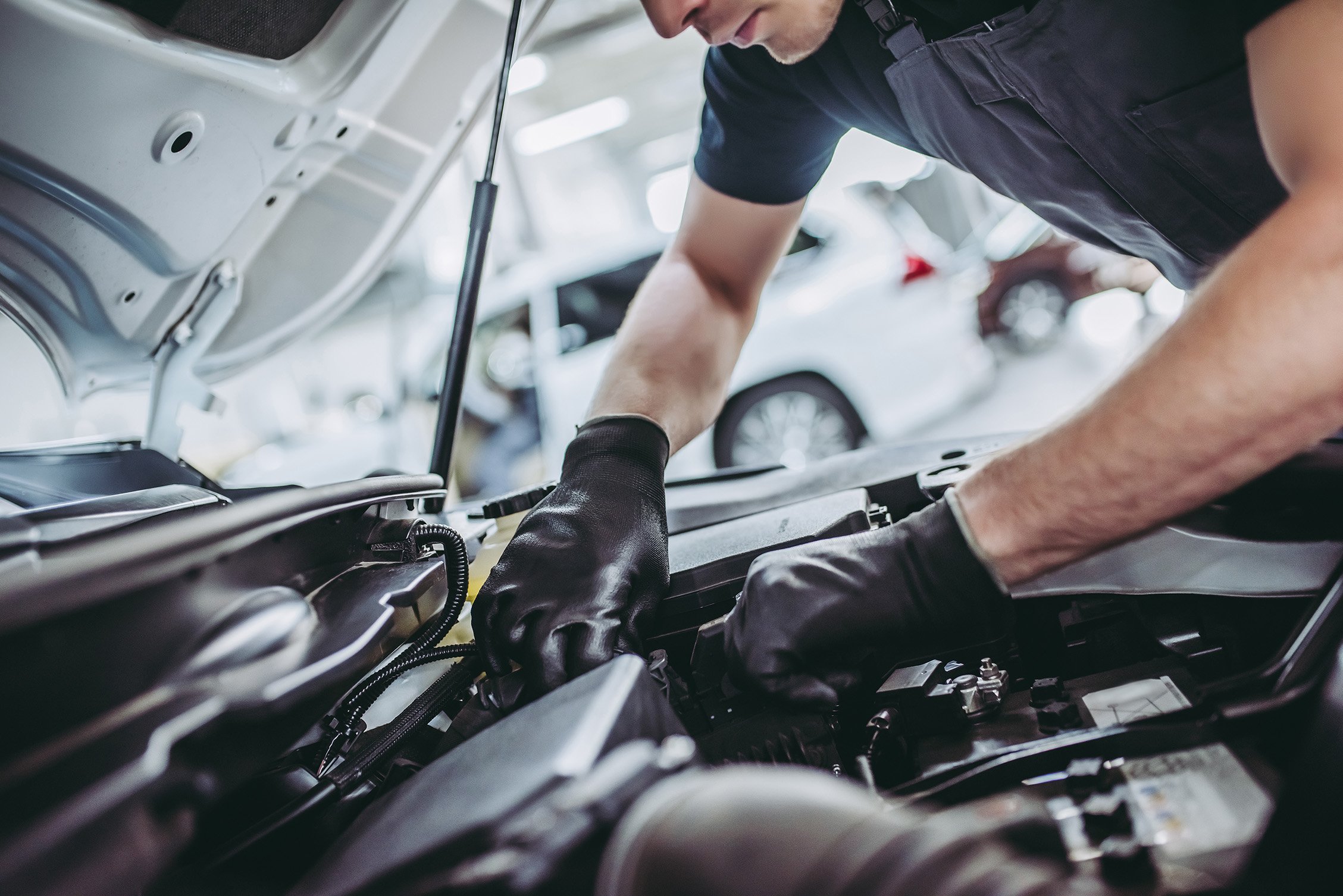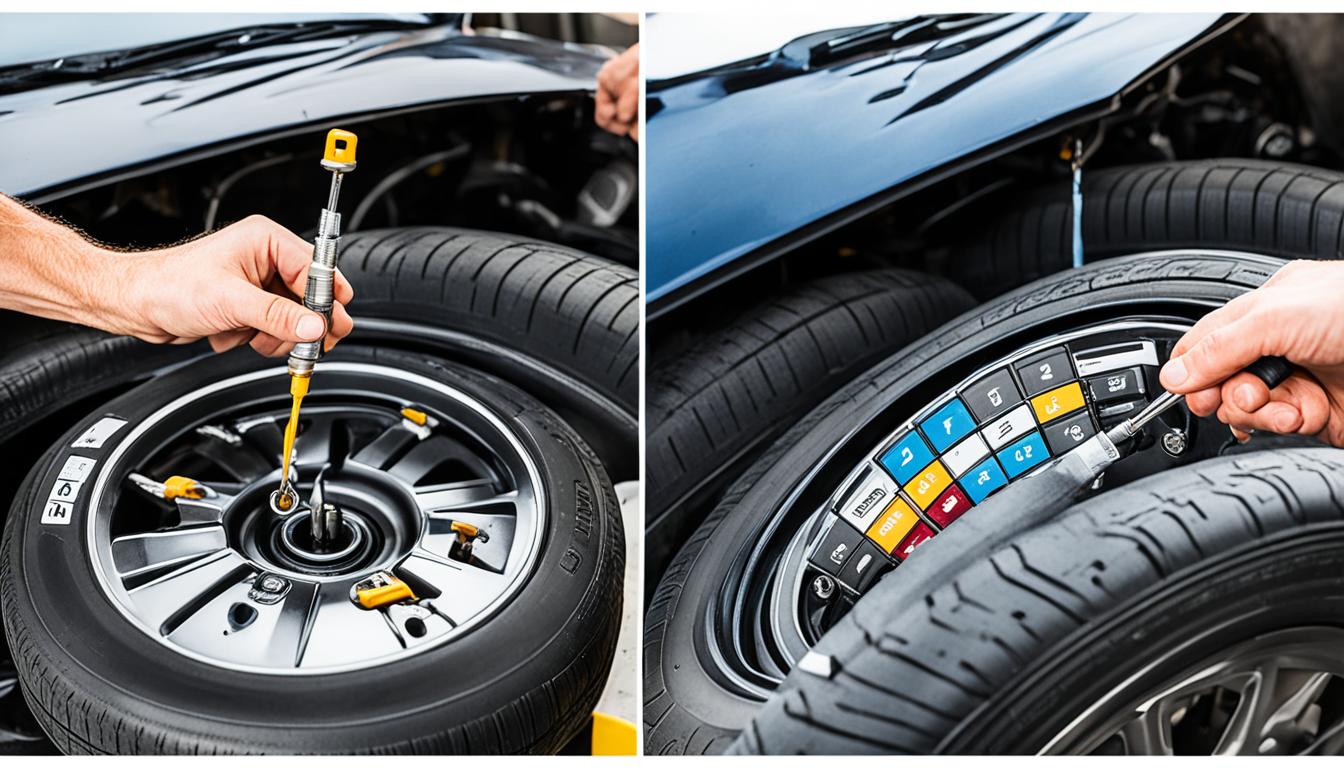Featured
When your automobile experiences a major breakdown, the price of repairs can be a complicated financial consideration. Whether it's the failing of a vital system like the engine or transmission, or the requirement for considerable repairs to numerous parts, comprehending the factors that affect repair costs can aid you make more enlightened decisions. Below, we outline the crucial elements that add to the price of significant car repair services.
![]()
![]()
![]()
Verdict. A number of factors affect the cost of major auto repair services, consisting of the kind of repair work, the make and design of your automobile, the high quality of the parts utilized, labor fees, and the level of the damage. Comprehending these aspects can help you make more enlightened decisions and prepare for the financial ramifications of automobile fixings. To lessen the probability of expensive repairs, routine upkeep is necessary. By remaining on top of routine upkeep and attending to tiny concerns prior to they rise, you can decrease the possibilities of encountering pricey repair services in the future.

- Kind of Repair work. The primary element influencing the cost of cars and truck repair work is the sort of problem your lorry is experiencing. Some repair services are much more uncomplicated and budget-friendly, such as changing a battery or alternator. Various other fixings, like fixing a malfunctioning transmission or resolving a serious engine trouble, can be far extra costly due to the complexity and specialized labor required. Certain systems in a cars and truck, like the engine or transmission, require more time to detect and fix, which directly equates right into higher labor fees. In addition, some troubles, such as electric concerns or cooling breakdowns, might involve troubleshooting that raises the total price.
- Car Make and Version. The make and version of your automobile plays a major function in establishing repair costs. Luxury autos and high-performance lorries like BMWs, Audis, or Mercedes-Benz tend to have greater repair service costs due to the fact that of their specialized parts, advanced innovation, and the know-how required for their repair.

- Components Top Quality and Accessibility. The quality of the parts used in the repair service dramatically affects the cost. Initial Tools Maker (OEM) components are commonly much more costly than aftermarket components since they are made particularly for your vehicle and are guaranteed to meet factory requirements. While OEM parts guarantee high quality and resilience, they frequently come with a greater cost. Aftermarket components may be much less costly yet can vary in quality. In many cases, cheaper aftermarket parts could lower the overall repair service cost, yet they might not give the very same durability as OEM parts, which might lead to added fixings in the future. The accessibility of components, particularly for older or uncommon automobiles, can also influence the expense. If components are difficult to find, it might take longer to complete the fixing, leading to greater labor costs.
- Labor Expenses. When it comes to vehicle fixings, labor is one of the biggest costs. Mechanics usually bill by the hour, and repair work times can vary depending on the complexity of the problem. Some repairs, such as engine overhauls or transmission repairs, may call for a number of hours and even days of labor, substantially raising the total price. Labor prices also depend on the place of the repair shop-- mechanics in high-demand locations or metropolitan areas may charge greater rates due to the cost of living and overhead. In addition, specialized repairs for complex systems may need more experienced technicians, whose per hour prices often tend to be greater.
- Level of the Damages. The degree of the damages is another important factor influencing repair service prices. If the damage is confined to one component of the vehicle, such as a damaged alternator or malfunctioning brake pads, the fixing will normally be cheaper. If the issue is more serious and affects numerous systems, such as a transmission failing that likewise harms other components, the price will certainly increase. Extensive damage might additionally call for the substitute of several parts, which boosts both the price of components and labor.
- Vehicle Age and Condition. The age and total condition of your car play a substantial function in the cost of repairs. Older automobiles are more probable to experience deterioration, causing even more regular and potentially extra costly repairs. As vehicles age, certain elements, such as the suspension or exhaust system, might come to be extra prone to failure. On top of that, locating components for older designs can be difficult and costly, especially if the manufacturer no more creates those parts. Properly maintained vehicles often tend to have reduced repair prices due to the fact that their systems are in far better working problem, calling for fewer and less costly repair work.
- Shop Place and Reputation. The repair service shop you select can likewise affect the cost of your repair services. In addition, repair service shops that specialize in particular brand names or types of repair work may charge extra for their expertise.

- Service Warranty and Insurance Coverage Protection. If your automobile is still under warranty, significant repair work might be covered, which can dramatically lower your out-of-pocket costs. Some extended service warranties or solution agreements might also give insurance coverage for sure sorts of repair services, like engine or transmission failing. Furthermore, if the damage is brought on by a crash or outside variable, your cars and truck insurance might cover the fixing prices, less any deductible. Constantly get in touch with your guarantee service provider or insurance provider to see if the problem is covered, as this might save you a significant amount of cash.
Verdict. A number of factors affect the cost of major auto repair services, consisting of the kind of repair work, the make and design of your automobile, the high quality of the parts utilized, labor fees, and the level of the damage. Comprehending these aspects can help you make more enlightened decisions and prepare for the financial ramifications of automobile fixings. To lessen the probability of expensive repairs, routine upkeep is necessary. By remaining on top of routine upkeep and attending to tiny concerns prior to they rise, you can decrease the possibilities of encountering pricey repair services in the future.
Latest Posts
A Historic Coastline Destination with Modern Delights
Published en
1 min read
Selecting the Right Location: What to Consider for Wedding Celebrations, Conferences, and Occasions
Published en
1 min read
Experience the Boogaloo: Dining, Drinks, & Sports at FunCity Resort
Published en
2 min read
More
Latest Posts
A Historic Coastline Destination with Modern Delights
Published Apr 14, 25
1 min read
Selecting the Right Location: What to Consider for Wedding Celebrations, Conferences, and Occasions
Published Mar 14, 25
1 min read
Experience the Boogaloo: Dining, Drinks, & Sports at FunCity Resort
Published Feb 13, 25
2 min read